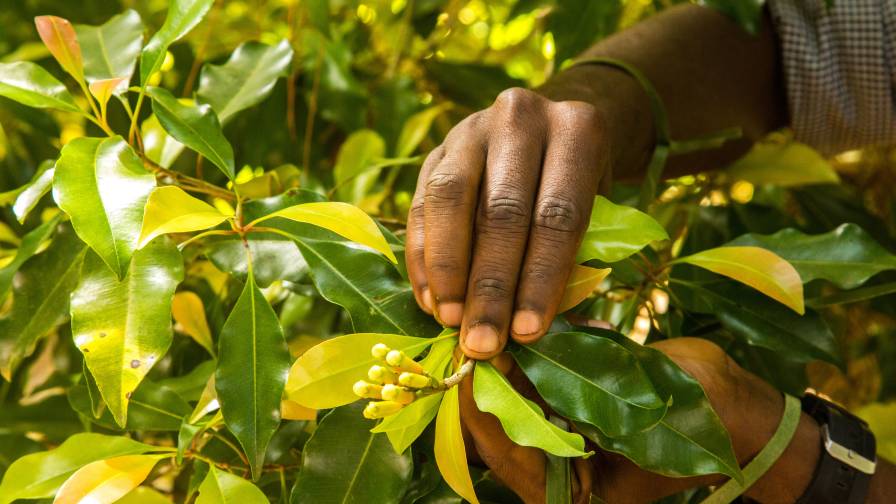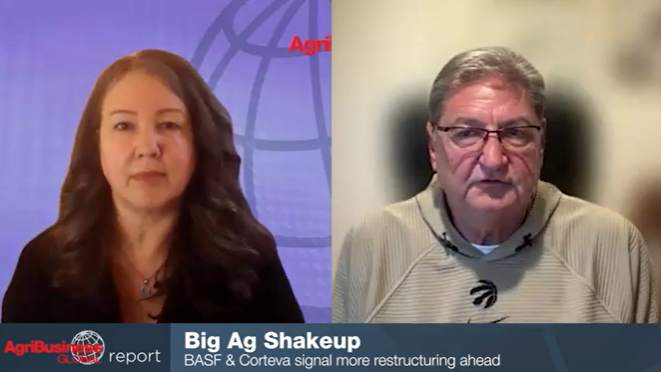One-Third of US Farmers to Add Herbicide Sites of Action in 2012
More than one-third of US farmers responding to a survey conducted by BASF said they plan to add multiple herbicide sites of action this year in response to the spread of glyphosate-resistant weeds.
More than 50% of US farmers surveyed acknowledged the existence of glyphosate-resistant weeds in their fields, and many blamed resistance for reducing yields, according to BASF. Even farmers who have not seen glyphosate resistance in their fields said they would adjust their weed control programs.
“It indicates that farmers understand that today’s weed control challenges demand the use of a more comprehensive management approach,” Dr. Dan Westberg, BASF’s Technical Market Manager said in a statement. “The repeated use of a single chemistry is the number one reason many have developed resistant weed populations.”
More than 80% of survey respondents said they would be willing to invest additional dollars to control resistant weeds.The Weed Science Society of America has confirmed 13 different species of profit-robbing glyphosate-resistant weeds in 28 US states.
Many survey respondents also said they would apply a preemergence herbicide before or at planting for a foundation of weed control, as well as add tank mixes to their post applications, BASF said. About one-third of respondents said they would work with a consultant to plan their programs.
Drastic Change from 2010
In 2010, a BASF survey asked customers if they thought herbicide resistance impacts yield. Just 23% responded “yes.”
This marks a drastic shift from its most recent survey, which asked farmers how much yield impact resistant weeds had on their yields in 2011: This time, 73% said that there was at least some yield impact.
However, not every farmer agrees resistance is an immediate concern. Sixteen percent of survey respondents said they would not spend anything more to control resistant weeds. One-third of respondents said they don’t believe resistant weeds even impact their return on investment.
BASF cited University of Tennessee weed scientist Dr. Larry Steckel, who said glyphosate-resistant weeds have dealt Tennessee farmers a financial blow to the tune of $200 million.
“And that is very conservative,” Steckel said, “because it is not counting the fields that were tilled up and not harvested. It has had a huge impact, way above what I thought going into this six, seven years ago.”
Weed scientists recommend growers adopt a more comprehensive weed management program to prolong the efficacy of glyphosate. This includes employing multiple herbicide sites of action in the growing season, Westberg said.
Source: BASF, edited by Jaclyn Sindrich, Managing Editor





